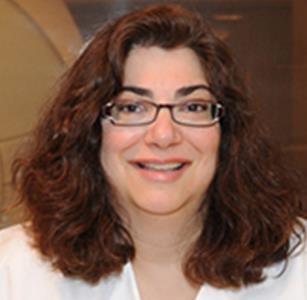It's easy to start your application.
Research Areas
Cell & Molecular Bioengineering
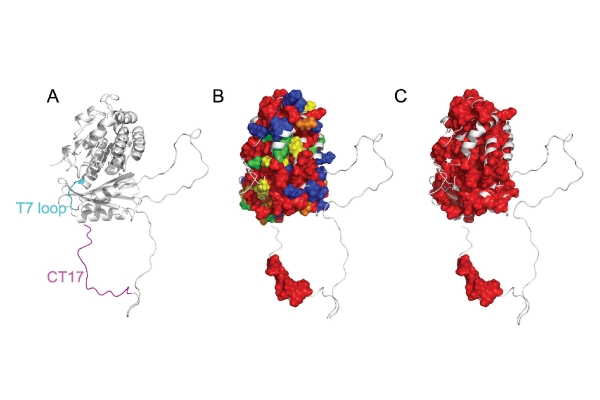
The molecular and cellular networks that compose cells and tissues fundamentally determine the emergent properties that shape the physiology of healthy organs and pathological tissues that cause diseases, like neurodegeneration and cancer. Their complexity requires novel and integrated approaches that span scales, ideas, and techniques. Pushing the boundary of knowledge in the direction of understanding molecular, cellular, and tissue systems will allow us to gain the insight required to build better therapies.
This program seeks to develop innovative approaches for treating disease by manipulating molecules, cells or systems. For example, diseases associated with misfolded proteins, such as Alzheimer’s and Huntington’s, could be treated by understanding and eventually modifying how proteins fold into their complex three-dimensional, functional configurations. A better understanding of most biological processes is likely to depend upon system-wide approaches at all levels.
Primary Faculty

Developing new therapeutics and biomaterials for improving human health

Aims to design ultrasound protocols for drug & gene delivery

Decodes and encodes the physical chemistry of biological soft matter to understand biology and engineer precision medicine

Focuses on basic & translational stem cell mechanobiology

Studies electromechanical activity of the heart

Uncovers the biophysical principles of intrinsically disordered proteins & their connection to cellular processes

His lab's electronic nose technology has applications for homeland security

Designs biomaterials for vaccine development and immunotherapy

Works to further understand infectious & inflammatory diseases

Creating better ways to treat cardiac arrhythmia

Uses imaging & microfluidics to understand infectious disease

Integrate nanotechnology and imaging techniques to study, detect, and manipulate the immune system and diseases
Affiliate Faculty

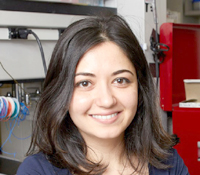





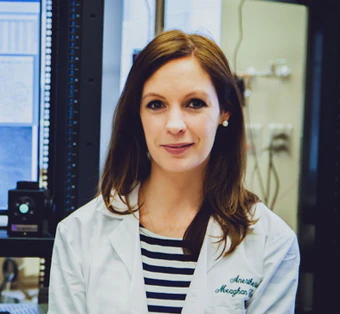

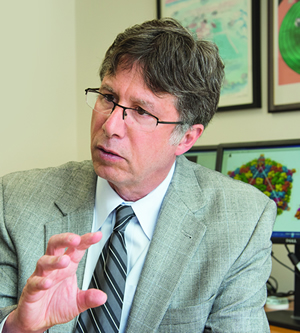





Biophysics, Biomolecular condensates, Gene regulation, Adaptive immune systems

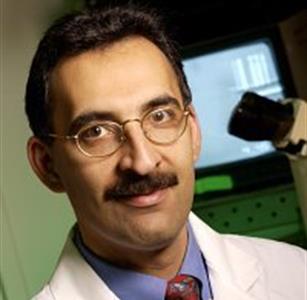

focuses broadly on protein structure and function with a particular emphasis on: Mechanotransduction in the brain, Synaptic signaling mechanisms and native structures of Class C GPCRs in the brain

Brain tumors, neurons, human induced pluripotent stem cells, genetically engineered mice, tumor modeling, organoids






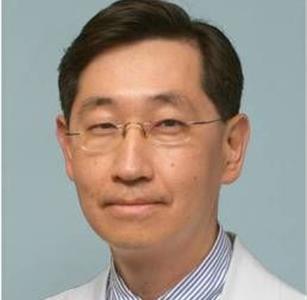



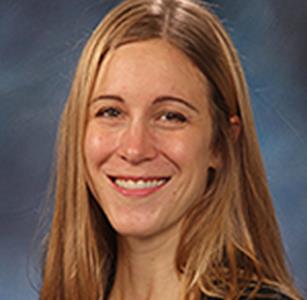
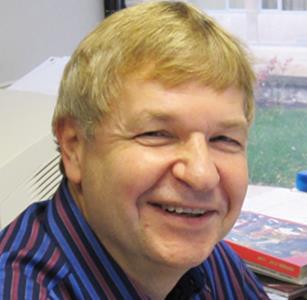

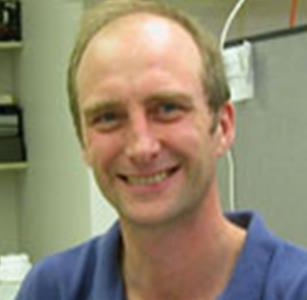
















Mechanochemical control mechanisms underlying robustness of embryo development
